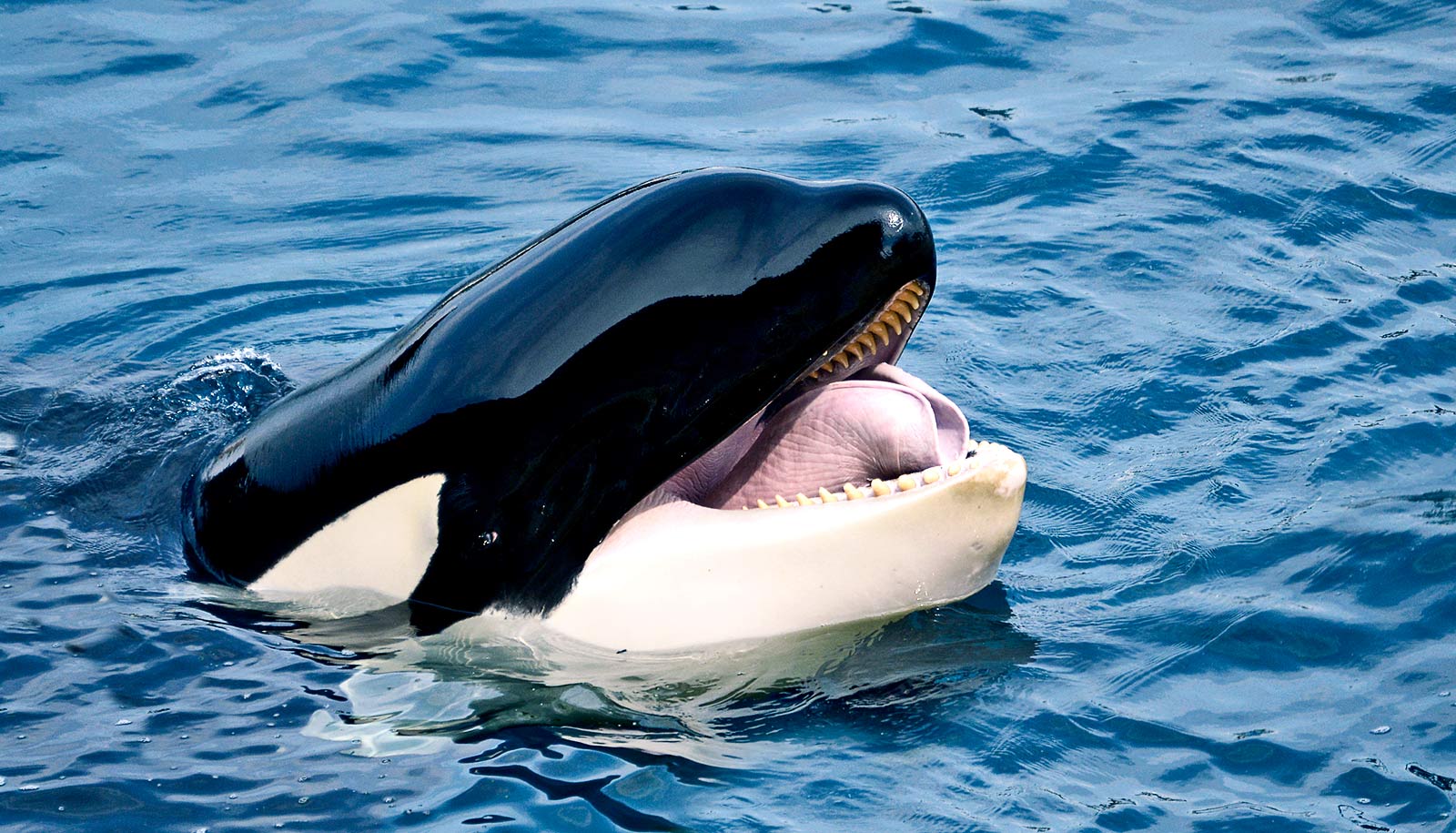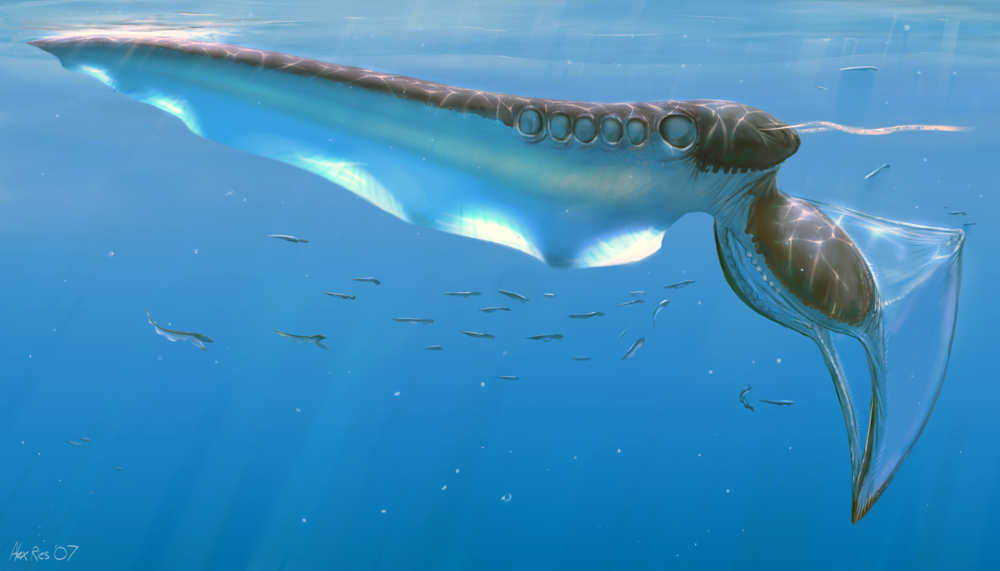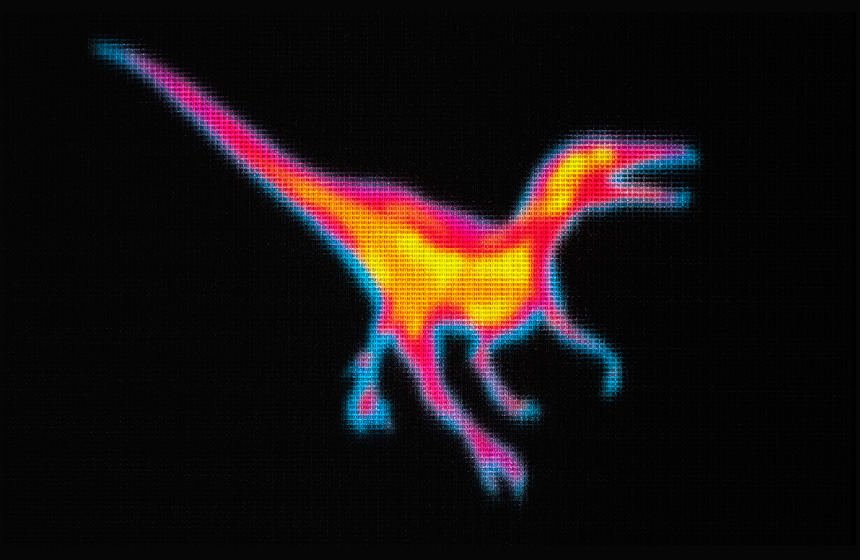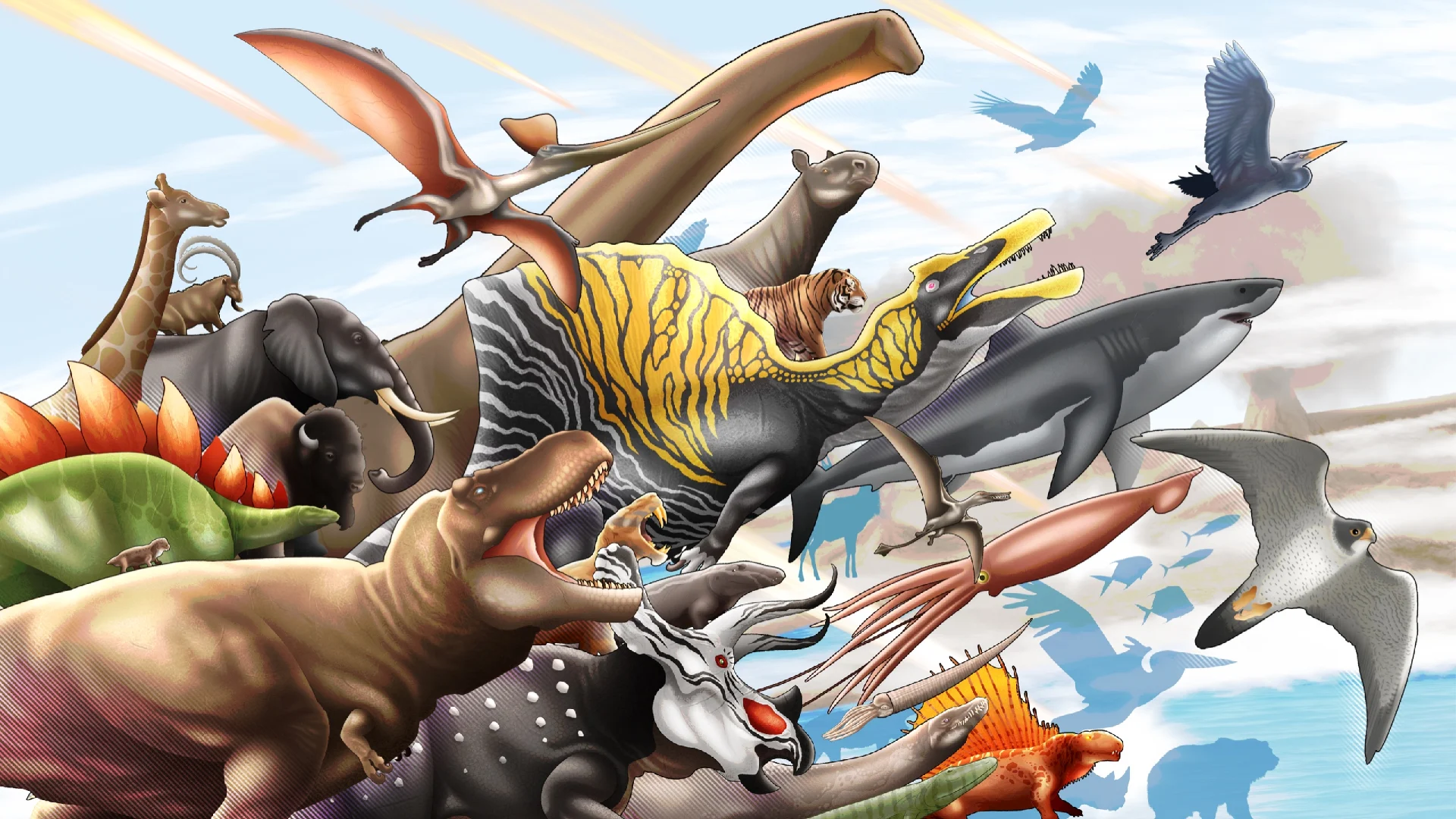|
|
Post by theropod on May 4, 2019 1:26:24 GMT 5
Hmm. Dogs are supposed to be omnivores? I disagree, dogs are clearly carnivorous. They aren’t as hypercarnivorous as cats in that they can consume some plantmatter, but most canids, in a natural setting (i.e. not some crazy human projecting their own dietary ideology onto their pet), primarily eat meat, and should definitely be classed as carnivores.
Humans definitely are not herbivores under any sensible definition of the word. In my experience, when biologists talk about herbivory, we usually tend to mean bulk-feeding herbivory, which is a rather specialized feeding regime that humans definitely don’t have adaptations to. Most other forms of herbivory (relying on higher quality plant parts such as fruits) have one key problem: those plant parts aren’t available year-round in most parts of the world, which is why most specialized fructivores, such as many primates or megabats, live in tropical regions where there’s always something to eat. The only exceptions seem to be quite size-limited, e.g. seed-eaters and nectar-eaters.
To be able to subsist exclusively on plants year round as a large animal in temperate or cold climates, you pretty much need to be able to digest cellulose, which humans simply cannot do. In fact, many supposed "herbivores" not so well adapted to cellulose-rich diets (bears, pigs…) are more properly classed as omnivores, although depending on the context (like standing in front of one and deciding whether it wants to eat me) I’d classify some of them as more on the carnivore-side of things (bears) and some more on the herbivore-side.
I think humans straggle the border a bit. We have evolved an astonishing amount of dietary diversity varying by population or sub-population, but some of it would not be possible without technical innovations. Exclusive herbivory is out of the question, vegans need dietary supplements to be able to live entirely without animal products. Some vegearians might be classified as more on the herbivore-side, depending on whether they consume significant amounts of non-meat animal products or not.
Both omnivory and carnivory are found in significant populations.
Artic peoples (as well as presumably most people in Europe, Northern Asia and North America during the ice ages as well as many hunter-gatherers today are/were sustained primarily to exclusively by meat, with other foods being more of a supplement than anything else. Meat is where the calories and the proteins come from, and without agriculture, it is the only source that can provide sufficient quantities of those.
Most people today, and in agricultural societies in general, can indeed be considered omnivorous.
I want to make clear I’m speaking from a purely ecological and evolutionary perspective. This isn’t supposed to say I think veganism or vegetarianism is wrong. Quite on the contrary. What I’m saying is that meat, evolutionarily, was a necessity, and often the most important part of the human diet. We aren’t living in the ice age anymore though, that we (in the "western world") need to eat less meat remains an undeniable fact and is in no contradiction with that, considering we now have vastly different means to acquire food, including fresh fruit and vegetable proteins, than we used to up until a few centuries ago.
|
|
rock
Senior Member Rank 1
  
Posts: 1,586
|
Post by rock on May 4, 2019 2:00:58 GMT 5
Hmm. Dogs are supposed to be omnivores? I disagree, dogs are clearly carnivorous. They aren’t as hypercarnivorous as cats in that they can consume some plantmatter, but most canids, in a natural setting (i.e. not some crazy human projecting their own dietary ideology onto their pet), primarily eat meat, and should definitely be classed as carnivores. Humans definitely are not herbivores under any sensible definition of the word. In my experience, when biologists talk about herbivory, we usually tend to mean bulk-feeding herbivory, which is a rather specialized feeding regime that humans definitely don’t have adaptations to. Most other forms of herbivory (relying on higher quality plant parts such as fruits) have one key problem: those plant parts aren’t available year-round in most parts of the world, which is why most specialized fructivores, such as many primates or megabats, live in tropical regions where there’s always something to eat. The only exceptions seem to be quite size-limited, e.g. seed-eaters and nectar-eaters. To be able to subsist exclusively on plants year round as a large animal in temperate or cold climates, you pretty much need to be able to digest cellulose, which humans simply cannot do. In fact, many supposed "herbivores" not so well adapted to cellulose-rich diets (bears, pigs…) are more properly classed as omnivores, although depending on the context (like standing in front of one and deciding whether it wants to eat me) I’d classify some of them as more on the carnivore-side of things (bears) and some more on the herbivore-side. I think humans straggle the border a bit. We have evolved an astonishing amount of dietary diversity varying by population or sub-population, but some of it would not be possible without technical innovations. Exclusive herbivory is out of the question, vegans need dietary supplements to be able to live entirely without animal products. Some vegearians might be classified as more on the herbivore-side, depending on whether they consume significant amounts of non-meat animal products or not. Both omnivory and carnivory are found in significant populations. Artic peoples (as well as presumably most people in Europe, Northern Asia and North America during the ice ages as well as many hunter-gatherers today are/were sustained primarily to exclusively by meat, with other foods being more of a supplement than anything else. Meat is where the calories and the proteins come from, and without agriculture, it is the only source that can provide sufficient quantities of those. Most people today, and in agricultural societies in general, can indeed be considered omnivorous. I want to make clear I’m speaking from a purely ecological and evolutionary perspective. This isn’t supposed to say I think veganism or vegetarianism is wrong. Quite on the contrary. What I’m saying is that meat, evolutionarily, was a necessity, and often the most important part of the human diet. We aren’t living in the ice age anymore though, that we (in the "western world") need to eat less meat remains an undeniable fact and is in no contradiction with that, considering we now have vastly different means to acquire food, including fresh fruit and vegetable proteins, than we used to up until a few centuries ago. |
|
|
|
Post by theropod on May 4, 2019 2:15:08 GMT 5
Yeah, so? There are people putting their dogs or even cats on a vegan diet, doesn’t mean they evolved to eat plants.
In the wild, the diet of dogs (i.e. wolves, feral dogs, and related species of macrophagous canid) is made up in the vast majority of meat, and both their teeth, and their digestive tract are adapted accordingly. They do eat plants sometimes, but they can hardly be considered a large component of their diet. Herbivores like cattle also eat animals sometimes, doesn’t mean they aren’t herbivores.
|
|
rock
Senior Member Rank 1
  
Posts: 1,586
|
Post by rock on May 4, 2019 2:21:44 GMT 5
Yeah, so? There are people putting their dogs or even cats on a vegan diet, doesn’t mean they evolved to eat plants. In the wild, the diet of dogs (i.e. wolves, feral dogs, and related species of macrophagous canid) is made up in the vast majority of meat, and both their teeth, and their digestive tract are adapted accordingly. They do eat plants sometimes, but they can hardly be considered a large component of their diet. Herbivores like cattle also eat animals sometimes, doesn’t mean they aren’t herbivores. i would agree that dogs are more carnivore than herbivore or even omnivore . however dogs are scavengers since the stone age and will eat anything given to them . i own a chiawaua and she loves to eat watermelons and bannas . im not saying dogs are herbivores all i am saying is they will eat fruits every once and a while making them omnivores |
|
|
|
Post by theropod on May 4, 2019 2:28:41 GMT 5
Scavenging is carnivory. Yes, wolves actually have been recorded eating fruit even in the wild. But they do so very infrequently, it’s not the main part of their diet, it’s of marginal importance (at least by volume), just like various herbivores occasionally eating small animals or carrion. The line between carnivores and herbivores is not as sharp in nature as sometimes imagined, but if we classed all animals recorded to feed on both plants and animals on rare occasion as omnivores based on that, we’d be calling almost all animals omnivores, which would make the term useless.
|
|
rock
Senior Member Rank 1
  
Posts: 1,586
|
Post by rock on May 4, 2019 3:18:20 GMT 5
Scavenging is carnivory. Yes, wolves actually have been recorded eating fruit even in the wild. But they do so very infrequently, it’s not the main part of their diet, it’s of marginal importance (at least by volume), just like various herbivores occasionally eating small animals or carrion. The line between carnivores and herbivores is not as sharp in nature as sometimes imagined, but if we classed all animals recorded to feed on both plants and animals on rare occasion as omnivores based on that, we’d be calling almost all animals omnivores, which would make the term useless. true , but i agree on the most part dogs are carnivores . as for humans , humans are really omnivores , but in terms of digestive system , as much as vegans like to think our digestive system is made like a herbivore , our digestive system is more simlair to carnivores than to herbivores |
|
|
|
Post by theropod on May 4, 2019 3:49:27 GMT 5
^Yes it is. Generally speaking, high-fiber herbivory requires extreme adaptations of the digestive tract, which would be easy to spot for even the most untrained eye. Claiming humans are herbivores is delusional, if we were we’d have a couple of extra stomachs or at least a huge cecum to act as a fermentation chamber, plus we’d be spending most of the day eating (granted, some people do that…but I bet they wouldn’t if they only got grass and leaves to eat).
|
|
|
|
Post by creature386 on May 4, 2019 4:04:13 GMT 5
Claiming humans are herbivores is delusional, if we were we’d have a couple of extra stomachs or at least a huge cecum to act as a fermentation chamber, plus we’d be spending most of the day eating (granted, some people do that…but I bet they wouldn’t if they only got grass and leaves to eat). In all fairness, that's why a lot of vegans call humans "frugivores" rather than "herbivores". Still wrong for nutrient deficit reasons, as you mentioned (and we can definitely eat a lot more than just fruits and nuts). |
|
|
|
Post by Infinity Blade on May 4, 2019 4:39:18 GMT 5
When I was in high school, me and my classmates for English all had to write an argumentative paper, and I did mine on how we humans are definitely omnivores anatomically (a counter to proposals that we are somehow not). Some people actually got a little confused at why I even chose this as a topic because they thought this was clear cut (and I definitely don't blame them, because it should be), and I had to explain that some people unironically argue that humans are anatomically herbivores.
Of course, I agree that this doesn't mean we should be eating boat-loads of meat. For the sake of the planet and any animals mistreated in factory farms (btw, does anyone happen to know just how common this is?), meat consumption needs to be reduced (although, I admit I'm kind of a hypocrite when it comes to this, since I still eat meat that leaves more of a carbon footprint than others, though mostly when I'm just served it by my family).
|
|
rock
Senior Member Rank 1
  
Posts: 1,586
|
Post by rock on May 4, 2019 4:46:32 GMT 5
When I was in high school, me and my classmates for English all had to write an argumentative paper, and I did mine on how we humans are definitely omnivores anatomically (a counter to proposals that we are somehow not). Some people actually got a little confused at why I even chose this as a topic because they thought this was clear cut (and I definitely don't blame them, because it should be), and I had to explain that some people unironically argue that humans are anatomically herbivores. Of course, I agree that this doesn't mean we should be eating boat-loads of meat. For the sake of the planet and any animals mistreated in factory farms (btw, does anyone happen to know just how common this is?), meat consumption needs to be reduced (although, I admit I'm kind of a hypocrite when it comes to this, since I still eat meat that leaves more of a carbon footprint than others, though mostly when I'm just served it by my family). still humans are defeinally not herbivores . do you agree? |
|
|
|
Post by Infinity Blade on May 4, 2019 4:58:20 GMT 5
That's exactly what I'm saying. So yes.
|
|
|
|
Post by dinosauria101 on May 4, 2019 5:07:39 GMT 5
Yeah, so? There are people putting their dogs or even cats on a vegan diet, doesn’t mean they evolved to eat plants. Haven't pet dogs and cats been known to die from that? Anyway rock, I agree with you. We need look no further than cavemen for our proof. |
|
rock
Senior Member Rank 1
  
Posts: 1,586
|
Post by rock on May 4, 2019 5:12:40 GMT 5
Yeah, so? There are people putting their dogs or even cats on a vegan diet, doesn’t mean they evolved to eat plants. Haven't pet dogs and cats been known to die from that? Anyway rock, I agree with you. We need look no further than cavemen for our proof. good to hear , also i do think humans are more desgined for eating meat than vegetation as our desgtive system is more simalir to lions , wolves , tigers and house cats than it is to gorillas , sheeps , goats and orangutans . but by no means are we carnivores either , we need both or we will die from not having enough fruits and vegetables |
|
|
|
Post by creature386 on May 4, 2019 13:50:06 GMT 5
That seems rather unbelievable, considering how all other extant hominids are overwhelmingly herbivorous. Sure, humans are more carnivorous than them, but to say that they are more carnivorous than herbivorous sounds like a stretch.
|
|
|
|
Post by theropod on May 4, 2019 15:56:47 GMT 5
Some human populations could be considered carnivorous, take the Inuit for example (who traditionally eat very little plant material, yet don't suffer vitamin deficiency due to eating large amounts of raw meat, blood and liver). However such a meat-rich diet doesn't seem to be what we evolved for either, at least Homo sapiens specifically, and it shows in that the traditional Inuit diet seems to promote a high incidence of cardiovascular disease (similar to the normal western diet) and an elevated risk of stroke.
That being said, under natural conditions, humans can more easily subsist on meat alone than on plants alone, and a primarily, though not exclusively, meat-based diet was probably widespread before the neolithic revolution.
But I think all he was saying was that human digestive tracts are more similar to carnivores', right? That's pretty obvious, carnivores, jusg like omnivores, simply don't need such extensive specializations.
|
|










